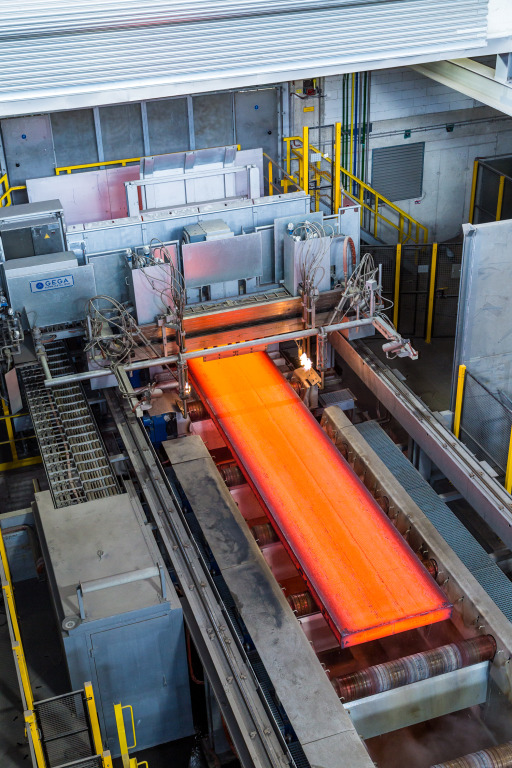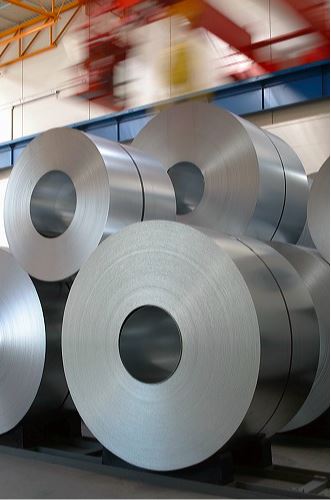CD Laboratory for Intelligent Process Control for High-Quality Steel Products
Head of research unit
Commercial Partner
Duration
Thematic Cluster


This CD Laboratory develops advanced control solutions for continuous casting and finishing of high-quality flat steel products. The solutions developed will be validated and optimised in pilot applications directly on the industrial plant or on specialised measurement set-ups.
Steel producers are confronted with ever-increasing demands on product quality, stricter product specifications, the need for diversified product portfolios and the trend towards shorter delivery times. Other challenges, particularly for the European steel industry, include increasingly challenging environmental regulations, obligations to reduce emissions and high expenditure on emission certificates. In the future, the steel industry can expect to see increased corporate responsibility for environmental impact as well as labour and production conditions not only within the company itself, but along the entire value chain. These market conditions and very different cost structures worldwide are intensifying competition and forcing many steel producers in high wage countries to focus on specialised quality products.
In the face of these diverse challenges, steel producers must continuously optimise their internal processes, cost structures, process technologies, products and product portfolios, production capacities, sustainability, operational robustness, agility and efficiency in order to gain a competitive edge. Digitalisation, automation and intelligent process control are key technologies and important drivers of progress in this regard.
As these technologies are knowledge-based, they are flexible, cost-effective and difficult for competitors to imitate. Digitalisation and process control have developed from mere cost factors into sources of added value and competitive strength.
The research of this CD Laboratory is aimed specifically at material and product quality. As quality parameters cannot usually be measured in real time, the feedback control of easily measurable substitute variables such as temperatures or forces corresponds to the current state of the art. With the help of mathematical models, soft sensors, sensor fusion and in-process quality monitoring, research is being conducted into whether and how direct control of quality parameters is possible. Model-based observer and sensor fusion concepts are designed to estimate non-measurable variables. The work is divided into the areas of continuous casting and strip processing.
The 'casting' area deals with control tasks in continuous casting. This includes the flow behaviour in the casting pipe, the detection of deposits and blockages in the casting channel, the bath level and the flow in the casting mould (die), the suppression of strand bulges and the strand pull-out mechanics.
In the 'processing' area, control tasks in the annealing and hot-dip galvanising of steel strips are researched. In particular, control solutions are developed for phase transformations and material properties of the steel as well as surface properties of the galvanised strips.


Links
Christian Doppler Forschungsgesellschaft
Boltzmanngasse 20/1/3 | 1090 Wien | Tel: +43 1 5042205 | Fax: +43 1 5042205-20 | office@cdg.ac.at

